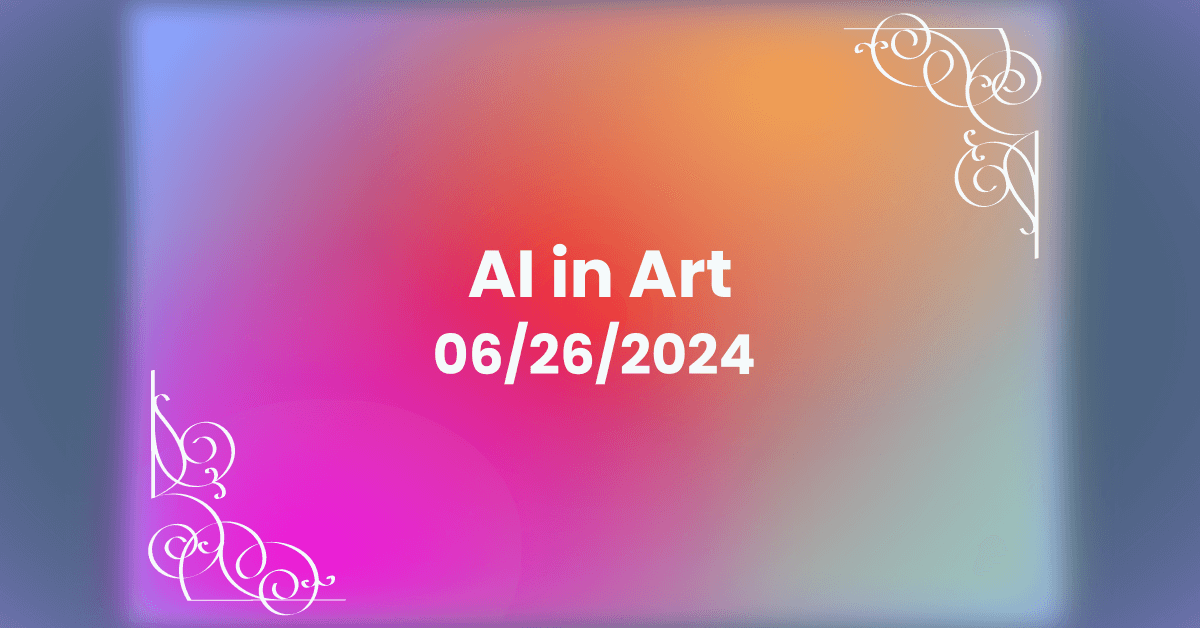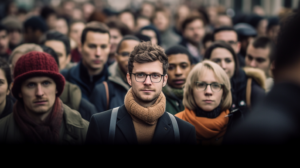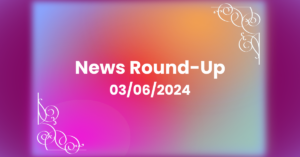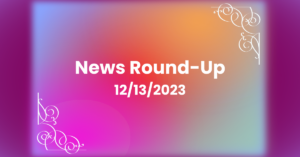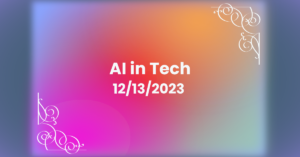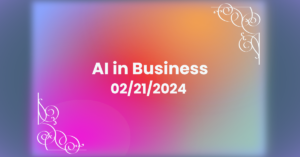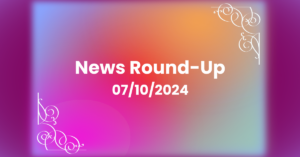AI in Art: The Struggle for Integrity, Consent, and Fair Compensation
As an artist, it’s disheartening, though unsurprising, to learn that Meta uses public Instagram images to train its AI image generator without clear consent from creators. This revelation has fueled frustration among many users who already struggle with the platform’s reducing reach and increasing ads. The complicated opt-out process and Meta’s vague terms only add to the rampant dissatisfaction. While some artists are moving to alternatives like the Cara app, others feel rather stuck, a social media phenomenon we’ve also seen playout on Twitter/X. This situation and redundant behavior, yet again, highlights the urgent need for more transparent and respectful practices regarding artists’ intellectual property and consent in the age of AI.
One step forward, two steps back…OpenAI’s new Media Manager tool aims to give creators more control over how their work is used, but it doesn’t fully address the underlying issues of consent and compensation. While the tool is indeed a step in the right direction, it unfairly and ludicrously places the responsibility on creators to protect their own intellectual property. Many artists feel that their work has been used without proper acknowledgment or payment, and this tool does little to remedy past grievances. Despite ongoing lawsuits and calls for fair compensation, AI companies continue to benefit from creative works without fully addressing these concerns. As artists’ incomes decline and AI companies grow in value, it’s essential for the creative community to seek recognition and fair treatment in this evolving landscape.
In pro-AI art spaces, Yves Gijrath’s “GREAT BOOK OF GREATNESS” actively seeks to represent a pioneering fusion of AI and traditional art, marking the first AI-generated art book in the world. This 8-kilogram tome, featuring 200 art stories of 191 influential figures like Lord Cybertruck himself, Elon Musk, and pioneering artist, Marina Abramovic, illustrates their impact through a hybrid art form. Despite initial challenges in capturing his vision through conventional methods, Gijrath says his collaboration with AI brought his ambitious project to life, celebrating human potential and creativity. The book’s approach has garnered significant attention, with the first 100 limited editions selling out quickly, showcasing the synergy between artificial intelligence and artistic expression, despite AI criticisms.
Meanwhile, it’s disheartening to see Yoko Takahashi, the Japanese singer renowned for her iconic Evangelion theme, cancel her appearance at the Ikebukuro Anime Philharmonic concert over the use of AI-generated artwork in their promotional materials. Despite the concert’s exciting promise of orchestral anime themes, Takahashi’s decision emphasizes a significant tension within the art community about the use of AI in creative processes. The organizers’ admission of their oversight and subsequent pledge to replace the AI-generated images with human-created art reflects a need for greater awareness and sensitivity toward artists’ concerns.
These recent AI in Art developments dramatically highlight the ongoing debate about AI’s role in art, emphasizing the importance of respecting artistic integrity over potential profit and corporate greed. These incidents underscore the battle between technological advancements and the ethical treatment of creators’ works. As AI continues to permeate creative fields, the call for transparency, consent, and fair compensation for artists grows ever louder…but is anyone listening?

